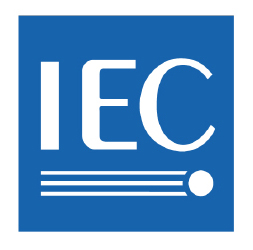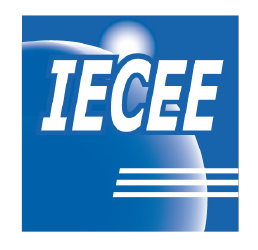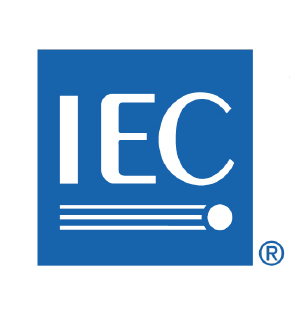IEC 60118-13:2004
IEC 60118-13:2004
| Title | Electroacoustics - Hearing aids - Part 13: Electromagnetic compatibility (EMC) |
| Abstract | Covers all relevant EMC phenomena for hearing aids. EMC phenomena, such as RF emission and electrostatic discharge, are not currently known to be a significant problem in connection with hearing aids and are therefore not dealt with. Based on new knowledge, they could be considered in connection with future revisions or extensions of this standard. Hearing aid immunity to high frequency electromagnetic fields originating from wireless telephone systems is currently identified as the only relevant EMC phenomena regarding hearing aids. IEC 61000-4-3 is the basis for relevant EMC tests to be conducted on hearing aids. Measurement methods and acceptance levels are described in this standard. For the purpose of this part of IEC 60118, two immunity classes of hearing aids are defined related to their use. "Bystander compatible" is defined as a situation, which ensures that a hearing aid is usable in environments where digital wireless devices are in operation in the proximity of the hearing aid wearer. "User compatible" hearing aids will ensure that a hearing aid is usable when the hearing aid wearer is using a digital wireless device at the wearer´s own aided ear. Measurement methods for hearing aids with non-acoustic outputs and for hearing aids connected to other equipment by cables are not given in this standard. |
| Issue Date | 2004-11-15 |
| Category | EMC |
| Included in IECEE System | 2007-10-01 |
| Purchase | webstore |
| Test Report Form | No information declared |
| Testing Equipment List | No information declared |
DISCLAIMER: National differences
The National differences and Group differences, National Deviations and Special National conditions (SNC), are based solely on information provided to the Secretariat by the IECEE Member Bodies and/or NCBs and other sources. The IEC/IECEE is not responsible for, nor will it take any position related to, the accuracy or validity of the information provided. To verify the current status of this type of information, we recommend contacting the Member Body (MB) or National Certification Body (NCB) of the relevant country.
Group Differences are applicable for CENELEC member countries: Austria, Belgium, Bulgaria, Croatia, Cyprus, the Czech Republic, Denmark, Estonia, Finland, France, Germany, Greece, Hungary, Iceland, Ireland, Italy, Latvia, Lithuania, Luxembourg, Malta, the Netherlands, Norway, Poland, Portugal, Republic of North Macedonia, Romania, Serbia, Slovakia, Slovenia, Spain, Sweden, Switzerland, Turkey and the United Kingdom.
No information declared
Laboratory Name | City | Country | Responsible National Certification Body |
|---|---|---|---|
Troja, 182 00 Praha 8 | Czech Republic | ||
Japan Quality Assurance Organization, Kita-Kansai Testing Center - JQA Kita Kansai | Osaka | Japan | |
Budapest | Hungary |
Id | Name | City | Country |
|---|---|---|---|
13339 | Troja, 182 00 Praha 8 | Czech Republic | |
13353 | Tokyo | Japan | |
13349 | Budapest | Hungary |
Id | Name | City | Country |
|---|---|---|---|
13332 | Vienna | Austria | |
13346 | München | Germany | |
13364 | Warsaw | Poland |



